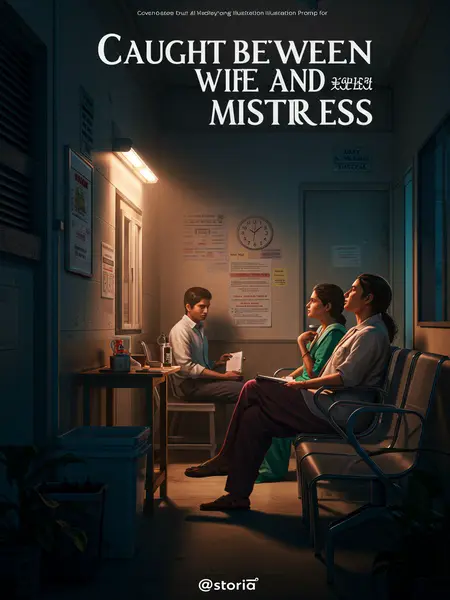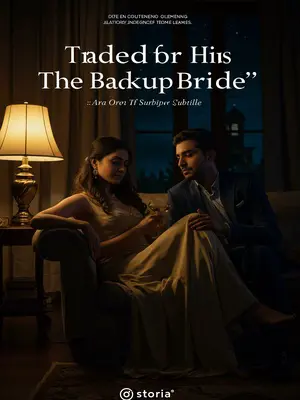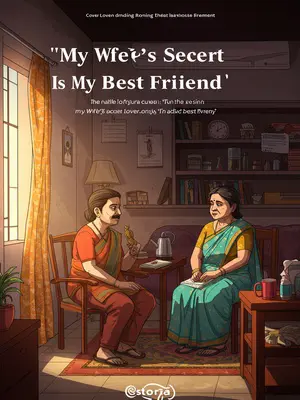Chapter 3: Balancing Acts
3
That night, I came home very late.
When I reached downstairs, I spotted Meera bundled up in her dupatta, waiting in the drizzle, glancing around.
As soon as she saw me, she let out a long sigh of relief and hurried over, grinning.
"Kabir Sharma! If you'd taken any longer, you'd have found a statue for a wife instead of me."
She never questions my whereabouts—social obligations, she calls it. She unwound her dupatta and wrapped it gently around my neck. As she did, she shivered, then fussed over me, "Let me see, you're all soaked—wait, I'll get a towel. You men never care, do you?"
Her fingers lingered, the dupatta smelling of jasmine and rain. There was a silent question in her eyes, but, as always, Meera chose trust. If she noticed my distracted gaze, she said nothing—just led me gently into the golden glow of our flat, as if all was well.
...
I quickly adjusted to this new rhythm in my life.
Ritu's flexible hours and my frequent fieldwork made it easy to meet discreetly.
We always found time and place for our meetings.
Even after everything, Ritu never let her pride slip in front of me—or maybe she just knew that was what drew me to her.
It reminded me of our school days.
Amit is my brother, and he was our classmate too.
He doesn't get it.
"Ritu used to be something else, but now she can't hold a candle to your wife."
He doesn't understand.
People are always trapped by what they couldn't have as teenagers.
Ritu was that for me.
Now, she was within reach.
Every time we were together, it gave me a strange satisfaction.
She wouldn't take money, said it felt like an insult.
So I found other ways to help—introducing her to clients, topping up her PayTM, giving her gifts I got from work.
Sometimes, I'd leave a bag of groceries at her door, pretending it was by accident. In our world, help had to look accidental. In India, dignity matters—especially for women who've lost everything else. She'd scold me, half-smiling, "Don't treat me like a bechari, okay?" But I knew she didn't mean it. The way she thanked me wasn't gratitude—it was quiet acceptance.
Ritu's presence was proof of how far I'd come, how glamorous my life now seemed.
I never considered divorce.
Meera and I were well matched—a loving couple, the perfect family.
She's cheerful and content, easy to be with. With her, I feel relaxed, sure of myself.
Besides, I promised her mother on her deathbed that I'd always love and care for her.
I think I've kept my word these years.
As for the hurt my cheating might cause?
I've thought it through.
She'd only be hurt if she found out. Only then would it be real.
But if she never knows?
Nothing would change.
In fact, out of guilt, I'm even more attentive—materially and emotionally.
And that's how it is.
My relationship with Meera now is even better than before.
Sometimes, I wonder if this is how men in our country always justify themselves—balancing two lives, two loyalties. My mother used to say, "Jo aankh na dekhe, dil pe bojh nahi padta." Maybe it's true. Maybe it's cowardice. Either way, I've become an expert at dividing myself—at least, that's what I thought.













